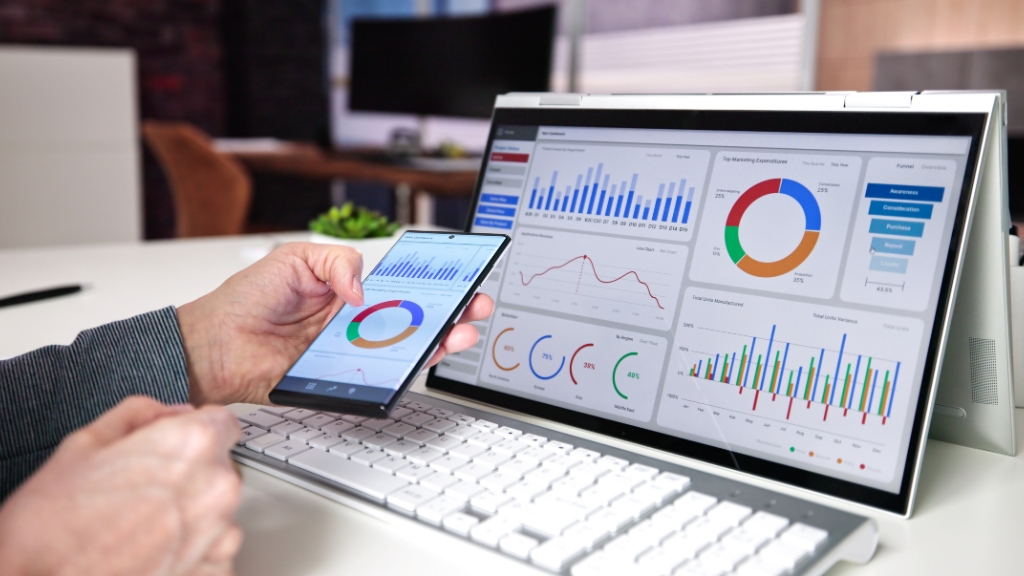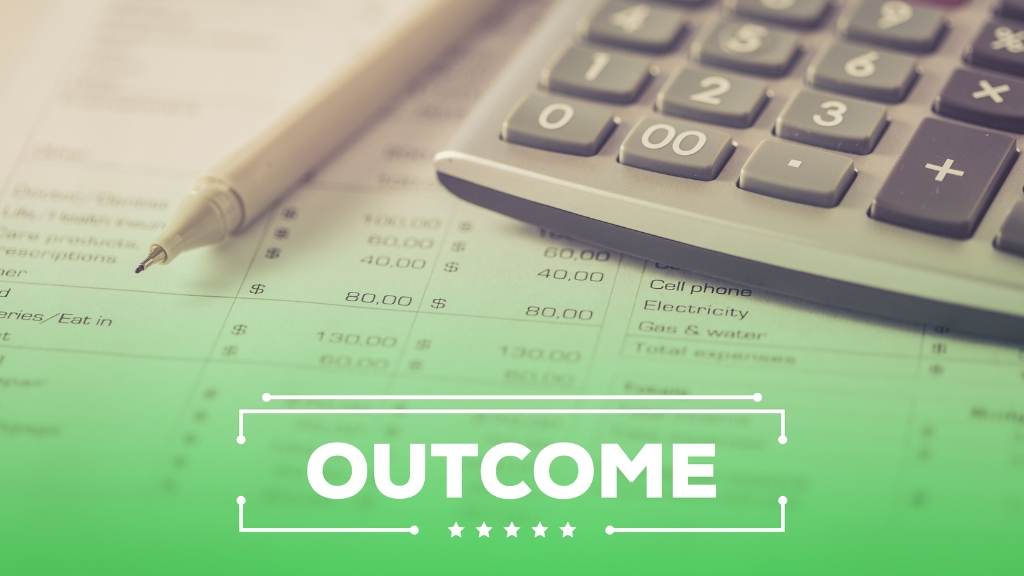
The Impact of Nonprofit Dashboards on Grant Reporting
In today’s data-driven world, nonprofit organizations increasingly rely on technology to manage their operations and demonstrate their impact. One of the most powerful tools in this regard is the nonprofit dashboard. These dashboards can revolutionize how nonprofits handle grant reporting, enhancing transparency, efficiency, and effectiveness.
Understanding Nonprofit Dashboards
A nonprofit dashboard is a visual representation of key metrics and data points that reflect the organization’s performance, impact, and progress toward its goals. These dashboards aggregate data from various sources, providing a real-time snapshot of an organization’s activities and outcomes. They are typically customizable, allowing nonprofits to tailor the information displayed to their specific needs and priorities.
Enhancing Transparency and Accountability
One of the primary benefits of nonprofit dashboards is the increased transparency they offer. Grantmakers and donors increasingly demand clear, accessible information about how their funds are being used and the impact they are generating. Dashboards provide a straightforward way to present this information, making it easier for nonprofits to demonstrate accountability.
With a well-designed dashboard, nonprofits can show exactly where the money is going and what it is achieving. This transparency helps build trust with funders, which can be crucial for securing future grants and donations.
Improving Data Management and Efficiency
Grant reporting can be a time-consuming and complex process, often involving the collection and analysis of data from multiple sources. Nonprofit dashboards streamline this process by consolidating data into a single, accessible platform. This centralization reduces the time and effort required to gather and report information, allowing staff to focus more on programmatic work and less on administrative tasks.
Moreover, dashboards can automate many aspects of data collection and reporting, further enhancing efficiency. For example, they can pull data directly from financial systems, program databases, and other sources, updating in real-time to reflect the most current information available.
Facilitating Strategic Decision-Making
Dashboards are not just tools for reporting; they are also powerful instruments for strategic decision-making. By providing a clear overview of an organization’s performance and impact, dashboards help nonprofit leaders identify trends, pinpoint challenges, and make informed decisions about resource allocation and program direction.
For instance, a dashboard might reveal that a particular program is underperforming in terms of outcomes despite high expenditure. This insight allows leaders to investigate the reasons behind the underperformance and take corrective actions, such as reallocating resources or modifying program strategies.
Meeting Grant Reporting Requirements
Different grantmakers have different reporting requirements, which can pose a challenge for nonprofits managing multiple grants. Dashboards can help by allowing organizations to customize their data presentation to meet the specific requirements of each funder. This flexibility ensures that nonprofits can provide the necessary information in the required format, reducing the risk of non-compliance and enhancing their chances of securing future funding.
Real-Life Examples
Many nonprofits have successfully implemented dashboards to enhance their grant reporting. For example, a health-focused nonprofit might use a dashboard to track patient outcomes, service delivery efficiency, and funding utilization. By presenting this data visually, the organization can clearly demonstrate its impact to grantmakers and stakeholders, making a compelling case for continued support.
Similarly, an educational nonprofit might use a dashboard to monitor student progress, program participation rates, and academic outcomes. This data can be used to report back to funders, showing how their investments are contributing to improved educational outcomes.
Conclusion
Nonprofit dashboards have a profound impact on grant reporting by enhancing transparency, improving efficiency, and facilitating strategic decision-making. As funders continue to demand more detailed and accessible reporting, the use of dashboards is likely to become increasingly important for nonprofits seeking to secure and maintain grant funding. By leveraging this technology, nonprofits can not only streamline their reporting processes but also build stronger, more trust-based relationships with their funders, ultimately advancing their missions more effectively.
Leave a Reply
- AI in Diagnostics: Revolutionizing Early Detection and Accuracy
- How AI and Advanced Analytics Are Transforming Healthcare Outcomes
- Investing with Confidence: The Role of ROI Calculators
- How ROI Calculators Drive Data-Driven Business Strategies
- The Ultimate Guide to ROI Calculators for Business Success
- Making Sense of ROI Calculators: A Comprehensive Guide
- June 2025 (1)
- May 2025 (1)
- October 2024 (2)
- September 2024 (31)
- August 2024 (31)
- July 2024 (27)
- June 2024 (28)
- May 2024 (30)
- April 2024 (33)
- March 2024 (23)
- February 2024 (29)
- January 2024 (3)
- December 2023 (47)
- November 2023 (36)
- October 2023 (23)
- September 2023 (2)
- June 2023 (2)
- May 2023 (13)
- April 2023 (1)




